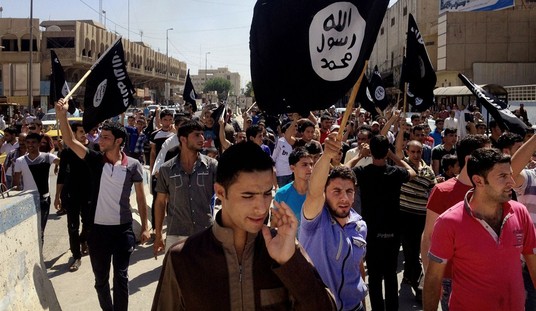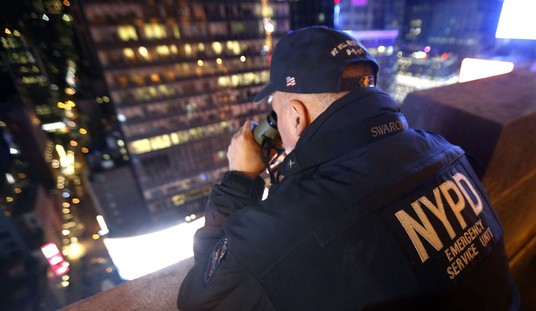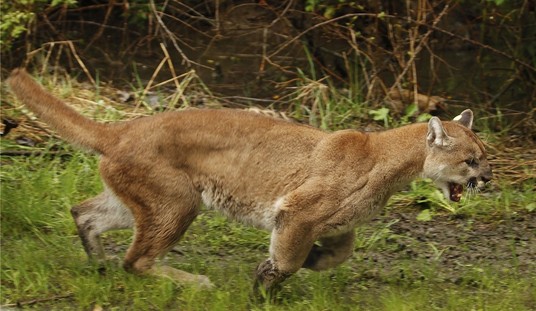It’s a generational thing.
Distinguished historian Victor Davis Hanson was born in 1953, part of a generation that understands the importance of World War II every bit as much as “the greatest generation” itself.
Baby boomers—the sons and the daughters of those who had fought in Normandy and Iwo Jima, or served on the home front tending victory gardens and riveting B-17s in Seattle—were raised on black-and-white television. Selection was limited. There were only a few channels, and “content” ran heavily to old movies. World War II classics like Flying Leathernecks and Guadalcanal Diary were daily fare. Many of the new TV series—from The Gallant Men to Combat! to, yes, the small-screen version of Twelve O’Clock High—played up World War II themes.
The boomers were old enough to remember President Dwight Eisenhower, and to know that he was the same “Ike” who had led the great crusade across the battlefields of Europe. The war may have ended before they were born, but it was nevertheless a visceral part of modern memory for Hanson’s generation.
Professor Hanson’s passion for World War II history drives a fascinating, entertaining and enlightening six-part video lecture from PJ Media’s Freedom Academy. (View the first installment here for $9.90.) The series covers the story of the war that shaped the modern world from its origins to its aftermath.
Engaging scholarship and polished delivery combine with judicious multi-media that enrich rather than overwhelm the story. Three hours never seemed so short.
What impresses most, however, is the quality of the content. Military professionals divide war into three levels. At the top are strategic matters, the stuff that busied Roosevelt, Churchill, Stalin, Mussolini, Tojo and Hitler. At the “operational” level, field commanders like Eisenhower, Rommel, Zhukov, and Yamamoto plotted the campaigns to take the war to the enemy’s heartland. At the tactical level, GIs, Tommies, and the rest of the “grunts” fought at the sharp end of war in deserts, jungles and forests as well as on sea and in the air.
Any intelligent conversation about war must address all these levels and how they relate to one another. And it is here that Hanson truly excels. A master of synthesis, he weaves the story back and forth across the levels of war, from the White House and the Kremlin to field headquarters to the frontline trenches and back. This enables him to explain, for example, why “good enough” technology like American tanks and planes could master more technically advanced German tanks and Japanese fighters.
Many modern historians have abandoned the “big picture” issues of ideology and geopolitics as old-fashioned. They’ve moved on to more “interesting” studies like the role of gender in war. Not so, Hanson. He argues that the big issues are still big because they shaped the world we live in today. It makes no sense to ignore them, and Hanson doesn’t. Instead, he “bothers” to explain, for example, how the Versailles Treaty led to the outbreak of the Second World War. The story is essential and, in Hanson’s hands, compelling.
What is most alarming about this epic narrative of the war is the realization of how difficult it would be to hear it in the Ivory Tower of academia today. The history of World War II has become, for many modern historians, simply a vacant track around which they can trot their particular academic hobby horse. Hanson, however, presents the story of the war as it should be presented: a vital morality lesson documenting the real-world pursuit of freedom and the battle of good against evil.
Today, brick-and-mortar universities have a suffocating stranglehold on quality, formal education. Lectures like these can help break that hold.
This year we have marked the 70th anniversary of a number of pivotal moments in World War II, prompting some to question whether Americans still have the character that marked our “Greatest Generation.” The answer is, of course, they do… when they are well led… when they are allowed the opportunity to exercise their freedoms, judgments and personal responsibilities as the Founding Fathers intended.
America still has the potential to be America. But, love of freedom is perishable. We not only need good government, but a good memory to remember who we really are. Sadly, many of our public institutions have failed us in this regard.
But, individuals can still fight to preserve and pass on the legacy of what made America great. Hanson has done that with his sweeping, meaningful and relevant history. It is a great example of what great Americans can do to keep this the land of the free and home of the brave.










Join the conversation as a VIP Member